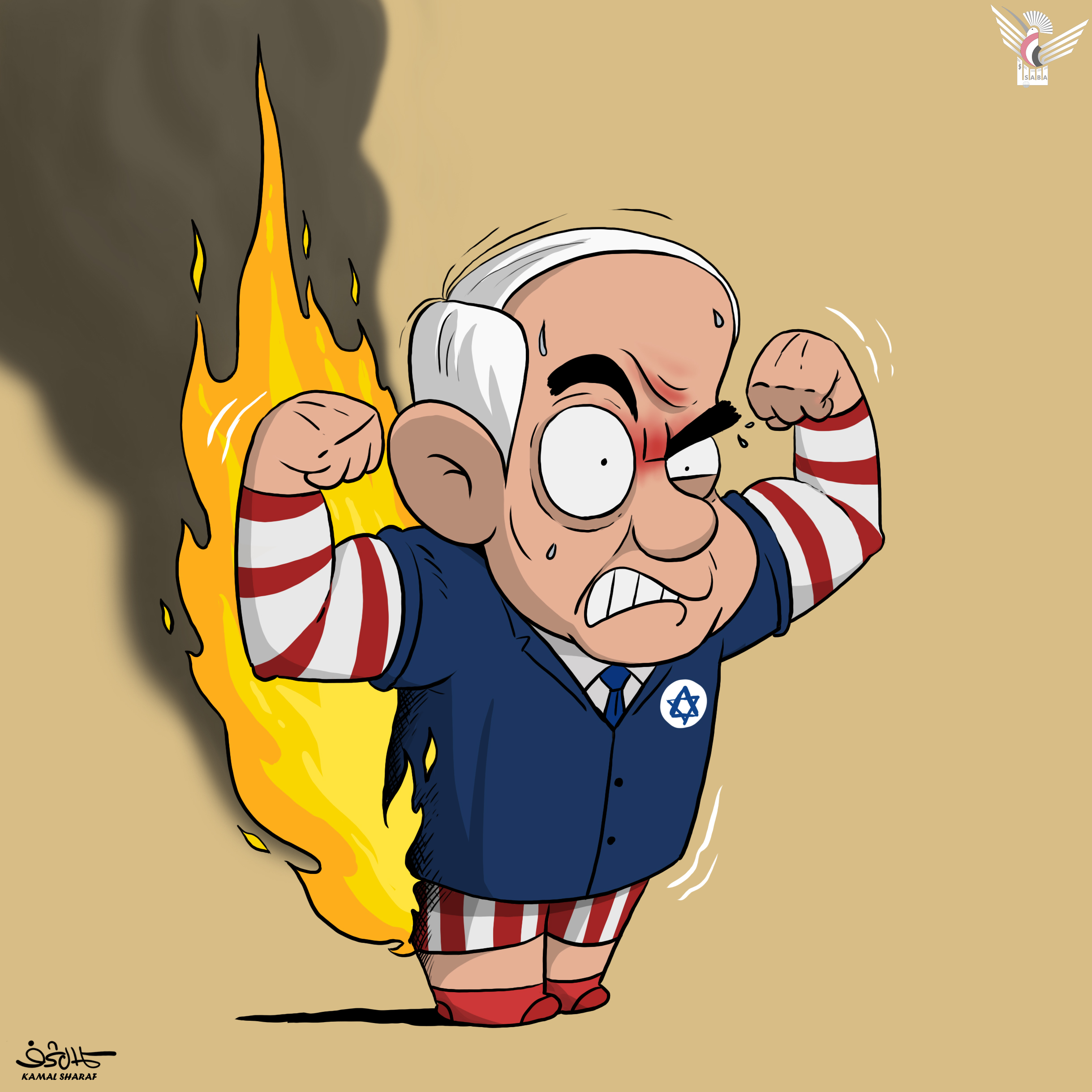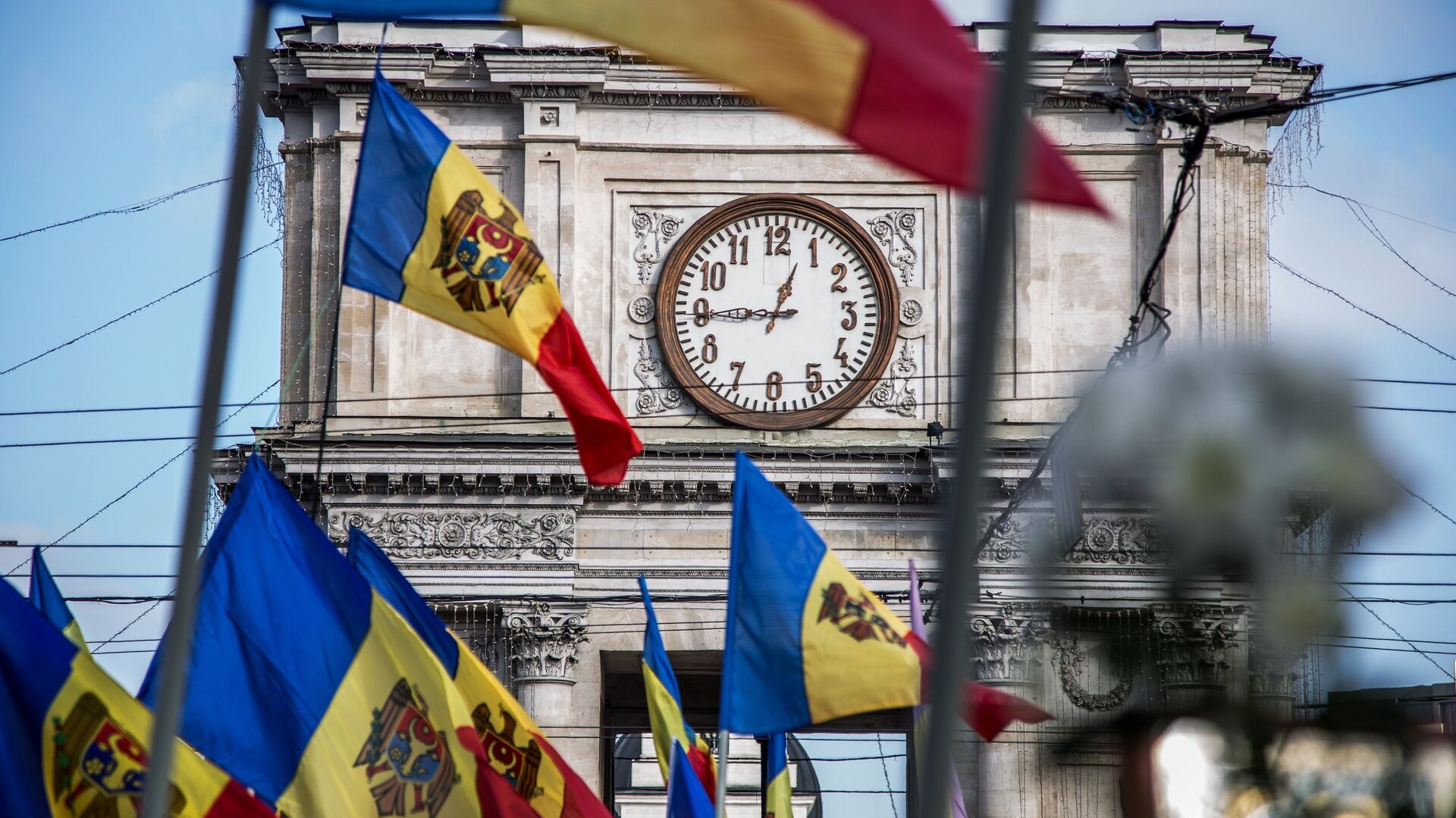Chisinau - Saba:
Former Moldovan Prime Minister Vladimir Filat accused authorities of deliberately raising energy prices to manipulate public opinion ahead of parliamentary elections.
"Gas and electricity tariffs should have been reduced long ago, but the government is keeping them artificially high so that later, on the eve of the elections, they can present the reduction as a 'heroic achievement,'" Filat said live on First in Moldova TV.
He noted that on the eve of the presidential elections in Moldova, the authorities promised citizens a lot, including balanced energy tariffs, but immediately after the elections, there was a tariff shock. According to Filat, before the parliamentary elections, the authorities are implementing the same scheme: "promises, silence, and then, perhaps, a new wave of price increases."
The former prime minister believes that the message about tariff reductions is being used for propaganda purposes; it will be accompanied by loud statements aimed at distracting from the real situation.
He added, "They will say that this is the result of the struggle for 'energy independence,' that they 'withstood pressure from the East,' and they will certainly mention (Russian President Vladimir) Putin's name to gain political leverage. But in reality, everything they touch turns into a crisis."
Elections for the new Moldovan legislature are scheduled for September 28.
In January 2025, Moldova experienced another energy crisis after Russian gas supplies were cut off. The National Energy Regulatory Authority raised electricity tariffs by 65-75% and heating tariffs by 12-38%, depending on the region. The government promised to compensate the most affected consumers, but to no avail.
After Ukraine halted the transit of Russian gas to Europe, and also because of Chisinau's unwillingness to repay its debts to Gazprom, Moldova and Transnistria were left without "blue fuel".
While Chisinau received energy supplies from European countries, which only increased tariffs for the population, Tiraspol found itself under a complete gas blockade. In Transnistria, until February 1, there was a system of rolling power outages, and residential buildings lacked heating and hot water in subzero temperatures abroad.

| more of (International) |




